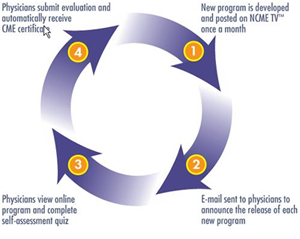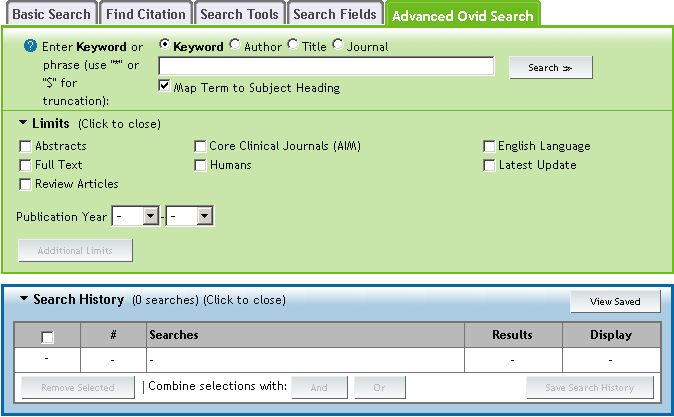The HSLS Staff News section includes recent HSLS conference presentations, publications, staff changes, staff promotions, degrees earned, etc.
Kudos
The National Network of Libraries of Medicine, Middle Atlantic Region, recently recognized HSLS Document Delivery Services staff for their work in providing interlibrary loans to the region and nationally. The department’s six staff members use sophisticated scanning and software applications to provide more than 3000 copies of journal articles per month to libraries worldwide. They are applauded for their top-notch service!
Publications
Barbara Epstein, HSLS director, published “Ascending the Leadership Hierarchy” in the newsletter of the Medical Library Association, MLA News, 402: 1,21, January 2008.
John Erlen, history of medicine librarian, published “Dissertations” in AVISTA Forum Journal Medieval Science, Technology, & Art, 17(1/2):83-89, 2007, and “Recent Dissertations in (or near) the History of Technology” on the Web log SHOTnews.com. January 3, 2008. Erlen also served as a major contributor to “ISIS Current Bibliography of the History of Science and Its Cultural Influences 2007.” Chicago: University of Chicago Press, 2008.
Carrie Iwema, information specialist in molecular biology, published “18 Ways to Improve your PubMed Searches” on the Internet blog Bitesize Bio, March 5, 2008.
Patricia Weiss, reference and information technology librarian, co-authored “Supporting the Emergence of Dental Informatics with an Online Community” in International Journal of Computerized Dentistry, 10: 247-264, 2007. Co-authors, all from the University of Pittsburgh, were H. Spallek, assistant professor1; J.Y. Irwin, PhD student2; T. Schleyer, associate professor and director1; and B.S. Butler, associate professor of business administration3.
1 Center for Dental Informatics, School of Dental Medicine
2 Department for Biomedical Informatics
3 Joseph M Katz Graduate School of Business
News
Phil Bittenbender has been promoted to storage specialist (library IV), and will act as the site supervisor of HSLS’ remote storage facility at Lexington Technology Center. Bittenbender will oversee storage operations, retrieval and transmission of documents, and inventory processes.
Geoffrey Spear has been promoted to metadata manager (administrator II). Spear will be a key participant in organizing access to print and electronic library resources by overseeing implementation and maintenance of HSLS’ newly-licensed electronic resources management system and link solver.
Presentations
John Erlen, history of medicine librarian, presented a talk “New Primary Resources for History of Medicine and Science: The EU Archives at the University of Pittsburgh” at the Southern Association for the History of Medicine and Science annual meeting, Gainesville, F.L. on February 29, 2008.







